Transgeninc plants in Hawai'i: A new colonialism?
Hawai'i has the distinction of being the site of the first (and I think only) commercial trangenic fruit crop, a transgenic virus-resistant papaya. Without the transgenic papaya, there basically would be no Hawai'ian papaya industry. Even what little non-transgenic papaya production is left survives only by burying it in buffer zones of the transgenics.
Because of the level acceptance already in place for transgenic papaya, and probably because of the relative isolation of the island, Hawai'i is a popular plance for trials of transgenic crops. That's not real popular with some folks.
I'm a month late getting this posted, but Karl Haro von Mogel has a post on this up at Biofortified:
Hawai'i's curious relationship with with GE (Biofortified)
I can't remember if I've posted it before, but Karl's own blog, The Inoculated Mind is also worth a read.
Labels: blogs, papaya, transgenics


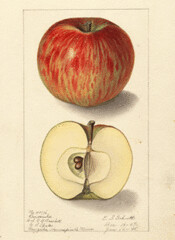
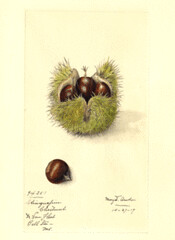
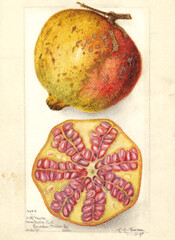





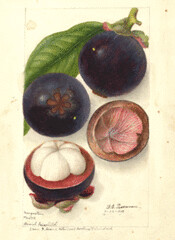
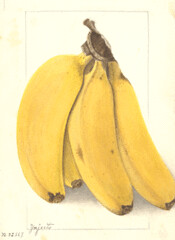



3 Comments:
Thanks for the link and the plug. By the way, you got included along with a few others (Biofortified incl.) on a list of the top 50 genetics blogs, according to one site:
http://www.uspharmd.com/blog/
No problem...I've actually been meaning to link for a while, as I've been a fairly regular reader of your site.
I actually just found the USPharmD list right before I posted this (it's the next post down!). In fact, that's why I remember the papaya post I'd seen earlier...
Congratulations to you too! (Though I have to confess I have no idea who USPharmD is and whether I should care what they think...but I'm in good company, regardless.)
Yeah, I've been aware of the fact that all Papaya are GMO for a while, but I've always wondered who actually eats them. Is it just Hawaiians or are some of the fruit exported to not only the 48 contiguous states but also other countries. I might just email the tropical fruit guy I ran into at an ASHS meeting in Austin way back.
To me it makes perfect sense to have intense research with GMO commodities. Give modern disease pressures and the chances of failure of certain crops (see your earlier post on Banana for an example), it's foolish not to have GMO "breeding" alongside traditional and molecular breeding. Then again, with GMO commodities we don't really get away from one of the biggest issues that increases the chances of crop failure... Monoculture.
The people who are staunchly against GMO crops, I believe, don't truly understand what they are and what is actually changed in them. Yes, there is some risk in them, but at the same time, how much risk is there of crop failure?
Post a Comment
<< Home